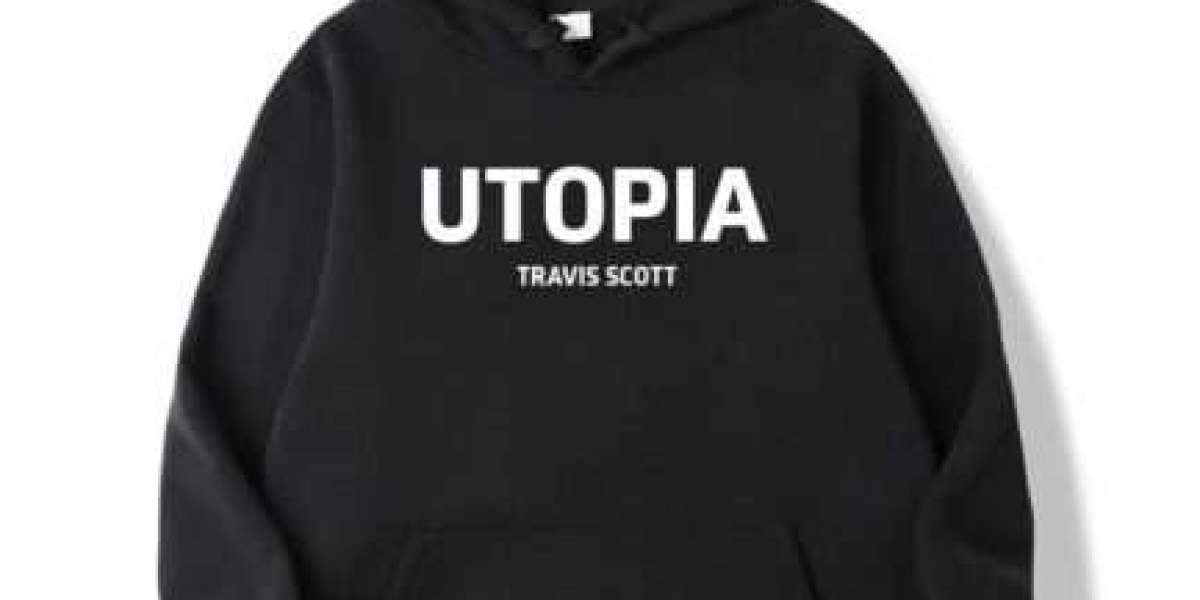As competition heats up in the e-commerce space, private label products have become a go-to strategy for brands looking to stand out. With control over branding, pricing, and product quality, sellers are creating loyal customer bases and increasing profit margins. But which private label products are truly worth your investment?
In this guide, we’ll explore the best private label options for your e-commerce store, how to choose the right products, and strategies to scale your business effectively.
Table of Contents
What Are Private Label Products?
Private label products are goods manufactured by a third-party supplier but sold under your brand. You control everything from the logo and packaging to pricing and marketing strategies.
This model gives e-commerce store owners an edge by creating brand identity and loyalty, unlike dropshipping where multiple sellers offer the same products.
Why Sell Private Label Products?
Here are key reasons to consider this business model:
Higher profit margins: Set your own prices.
Brand control: Create a unique brand identity.
Customer loyalty: Offer exclusive products.
Product customization: Tailor products based on market feedback.
With the right strategy, private label selling can be more sustainable and profitable than other e-commerce models.
How to Choose the Right Products
Selecting the right private label products can make or break your business. Use these criteria to evaluate potential items:
High demand, low competition
Small and lightweight (lower shipping costs)
Recurring purchase potential
No legal or safety complications
Room for branding and differentiation
Pro Tip: Use tools like Google Trends, Jungle Scout, and Helium 10 to identify product opportunities.
Top Private Label Niches in 2025
Choosing a profitable niche is essential. Here are trending categories in 2025:
1. Health & Wellness
Supplements (collagen, vitamins)
Organic skincare
Herbal teas
2. Fitness & Lifestyle
Resistance bands
Yoga mats
Gym apparel
3. Eco-Friendly Products
Reusable kitchenware
Bamboo toothbrushes
Sustainable cleaning supplies
4. Home & Kitchen
Silicone cooking tools
Storage solutions
Smart home gadgets
5. Pet Products
Natural pet treats
Grooming kits
Pet apparel
These niches align with growing consumer trends, making them ideal for private labeling.
Best Suppliers for Private Labeling
To ensure quality and scalability, partner with reliable manufacturers. Here are some top platforms:
Alibaba: Widest range of suppliers for any niche.
SaleHoo: Verified suppliers and niche-specific products.
Printful & Printify: Great for apparel and custom merchandise.
Avasam: Ideal for UK and EU sellers.
GreenDropShip: Specializes in natural and organic private label products.
Always order samples and communicate thoroughly before committing.
Private Label vs White Label: Know the Difference
While often confused, private label and white label are not the same.
| Feature | Private Label | White Label |
|---|---|---|
| Branding | Fully customizable | Generic branding |
| Product Uniqueness | Exclusive to one seller | Sold to multiple businesses |
| Pricing Flexibility | High | Limited |
Understanding the difference helps you build a truly unique brand.
Marketing Strategies for Your Brand
Having great products isn't enough. Here's how to market them:
1. Build a Brand Story
People buy from brands they trust. Tell a compelling story behind your products.
2. Social Media Marketing
Instagram, TikTok, and YouTube are goldmines for product-based content.
3. Influencer Collaborations
Micro-influencers can drive massive brand awareness affordably.
4. Email Campaigns
Nurture leads and promote new launches through regular email updates.
5. SEO & Content Marketing
Optimize product listings and blogs around your keywords (like private label products) to drive organic traffic.
Common Mistakes to Avoid
Avoid these pitfalls to stay ahead of your competition:
Rushing product research
Ignoring customer feedback
Poor packaging or branding
Working with unverified suppliers
Skipping legal compliance
Scaling Your E-commerce Business
Once your store gains traction, consider these growth strategies:
Expand your product line within your niche
Enter new marketplaces like Walmart or eBay
Outsource logistics to 3PL services
Invest in paid advertising (Google, Meta)
Offer subscriptions or bundles
Conclusion
Launching a successful e-commerce store in 2025 means thinking beyond generic dropshipping. With the right private label products, you can build a strong brand, enjoy better margins, and grow a loyal customer base.
Start by choosing a profitable niche, vetting suppliers, and creating a marketing plan that aligns with your brand’s voice. The potential for growth is huge—if you do it right.
FAQs
What are the best platforms to find private label products?
Alibaba, SaleHoo, Printify, and GreenDropShip are excellent sources depending on your niche.
How much money do I need to start private labeling?
You can start with as little as $500–$2000, depending on the product and supplier requirements.
Can I sell private label products on Amazon?
Yes, Amazon FBA is a popular option for private label sellers.
Do I need a trademark for private label products?
Not initially, but registering a trademark can help protect your brand as it grows.
Are private label products profitable?
Absolutely! With control over pricing and branding, they often yield higher profit margins than generic products.
Would you like a downloadable PDF version of this article or help creating a landing page to go with it?








